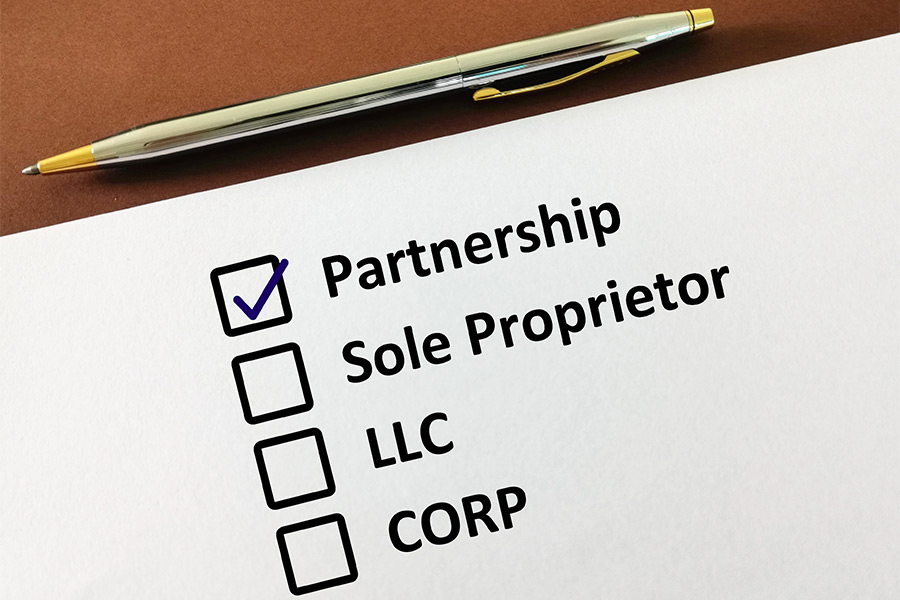Business Attorneys
Whether you’re an existing business owner or an entrepreneur hoping to start a new business, you will inevitably face legal issues having practical impacts on the short and long-term goals of your business.
The legal issues your business may face ultimately depend on a variety of factors such as the business’s: (1) age; (2) size; (3) industry; (4) short and long-term goals (e.g., lifestyle vs. high-growth); and (5) regulatory requirements (if any).
Proactively addressing these issues is important and doing so will place your business in the best position to handle (and quickly dispense with) legal issues as they arise. We help our business clients address and navigate through these issues in the most seamless way possible.
Completing this Business Client Intake Form does NOT create any attorney-client relationship. You have the right to keep looking for an attorney or to decline our services (if offered).
Business Client Intake Form
Entity Formation
Choosing the best business entity form for your particular business’s short and long-term goals.
Whether you're an existing business owner interested in restructuring or an entrepreneur hoping to start a new business, our firm can advise and assist you in determining the most appropriate entity form. After assessing your particular circumstances, our firm can assist you to form a corporation, limited liability company (LLC), or limited liability partnership (LLP), as we handle these matters routinely and efficiently.
We advise our clients on the various types of business entities along with the advantages and disadvantages of each form which varies depending on the particular circumstances of each client.
Once your business is formed, we touch base with our clients on an annual basis to address any new legal issues and to ensure the business’s organizational/governance documents stay in compliance with applicable laws and governmental audits.

Business Contracts & Negotiation
Negotiating the best terms for the purchase or sale of your business.
We regularly represent small business owners and individuals who are selling or purchasing a business. We prepare the agreement for the business’s purchase or sale, negotiate the contract, assist with bank financing and see the transaction through closing.
We’ll assist you in tailoring your business’s organizational documents, including shareholder agreements, buy-sell agreements, operating agreements and partnership agreements, to provide you with favorable terms to minimize disputes among business owners by providing a smooth transition in the event of the death, withdrawal or dispute among owners.

Small Business Counseling
Helping you handle routine business legal matters while you focus on your business making money.
We represent and assist business owners in handling routine business legal matters including employment issues, operational matters, and business succession planning.
We advise small businesses in contract formation/negotiation, corporate governance issues, employment agreements, independent contractor agreements, licensing agreements, franchising agreements, lease agreements, non-compete/non-disclosure agreements along with many other business agreements.

Employee Incentive Plans
Giving your business’s employees and critical service providers some “skin” in the game.
We assist business owners with creating and implementing an Employee Incentive Plan (“EIP”) into their business. Under an EIP, a business may award its members, employees, and service providers an ownership interest in the company to which they provide quality services to.
Whether your business is large or small, we encourage our clients to harness the benefits of using an Employee Incentive Plan (“EIP”).
Creating an EIP can benefit a business by: (1) attracting and retaining qualified employees; (2) aligning the long term interests of service providers with those of the business; (3) improve service provider productivity; and (4) preserving capital by paying lower cash compensation.
For smaller private companies, EIPs are unfortunately an underused business strategy whereas, for larger publicly-traded companies, EIPs are used frequently. We believe that EIPs should not be a business strategy that is exclusive to large publicly-traded companies, but should instead be a strategy that is routinely utilized by small businesses to attract/retain valuable employees and align the long-term goals of the business with those of its service providers.
